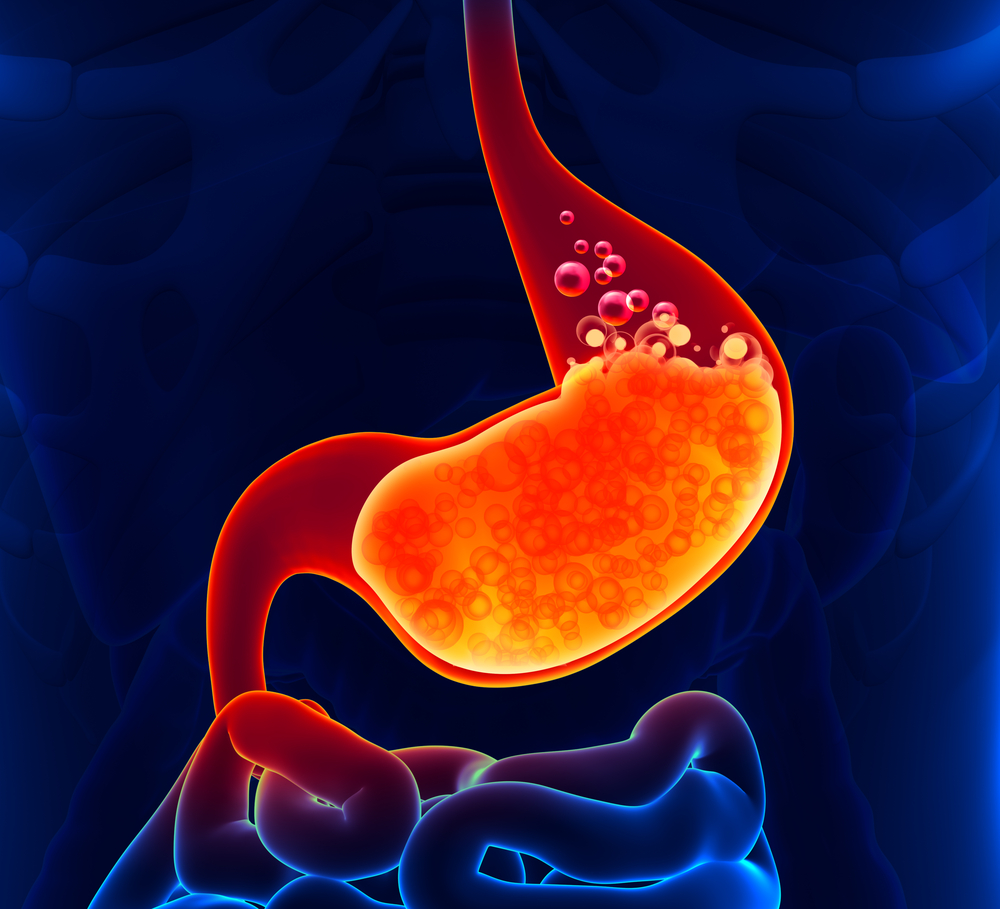Surgery to Prevent Reflux in IPF Patients May Be Superior to Anti-Acid Medicines, Study Says

Surgery to prevent reflux in patients with interstitial pulmonary disease may slow disease progression, by stopping tiny amounts of contents in the stomach from being repeatedly aspirated into the lungs — a process thought to contribute to disease development in IPF.
This was the conclusion of a review looking into gastroesophageal reflux disease — an often silent condition — in patients with IPF. A Phase 2 clinical trial (NCT01982968) is now underway to test the idea.
The review, titled “Gastroesophageal Reflux and Idiopathic Pulmonary Fibrosis,” also found that evidence supporting the use of anti-acid medication by IPF patients is, so far, controversial. The work was published in the World Journal of Surgery.
Many studies show that while reflux is common in IPF, many IPF patients with reflux disease often do not show the typical symptoms of the condition, such as heartburn and regurgitation. According to researchers behind the review — from the University of Torino in Italy and University of North Carolina at Chapel Hill — this puts them at risk for aspirating stomach contents into the lungs.
Researchers first reported a link between the two diseases in 1971, and since then, numerous studies have reported similar observations.
Several studies specifically examined if acid regulating drugs, so-called proton pump inhibitors, also affect IPF symptoms or progression. A definite connection, or positive results, was seen for years, and these findings led to treatment guidelines recommending the use of anti-acid drugs in IPF patients in 2015.
More recent studies, however, have questioned the findings and the resulting guidelines. For instance, an analysis of three clinical trials showed that proton pump inhibitors did not improve patient outcomes. Instead, their use was linked to higher rates of lung infections in advanced IPF patients.
The review authors argue that these inconsistent results may be because anti-acid medications do not prevent reflux. Rather, they change only the acidity of the gastric juices that enter the esophagus.
Surgery to restore the function of a defective esophageal sphincter — the muscle that makes sure stomach contents do not flow backwards — might be a better option. Several studies show that such surgery is a safe procedure in IPF patients; several others have demonstrated that it can stabilize IPF progression and improve patient survival.
But more research is needed exploring the potential benefits of surgery to IPF patients, the team concluded.
“PPIs [proton pump inhibitors] might be beneficial, even though the evidence about their efficacy is controversial. Further large randomized controlled trials are needed to confirm the preliminary data about safety and efficacy of laparoscopic anti-reflux surgery,” the researchers wrote.
The clinical trial, which began in 2013 at five sites across the U.S., expects to conclude in November.







